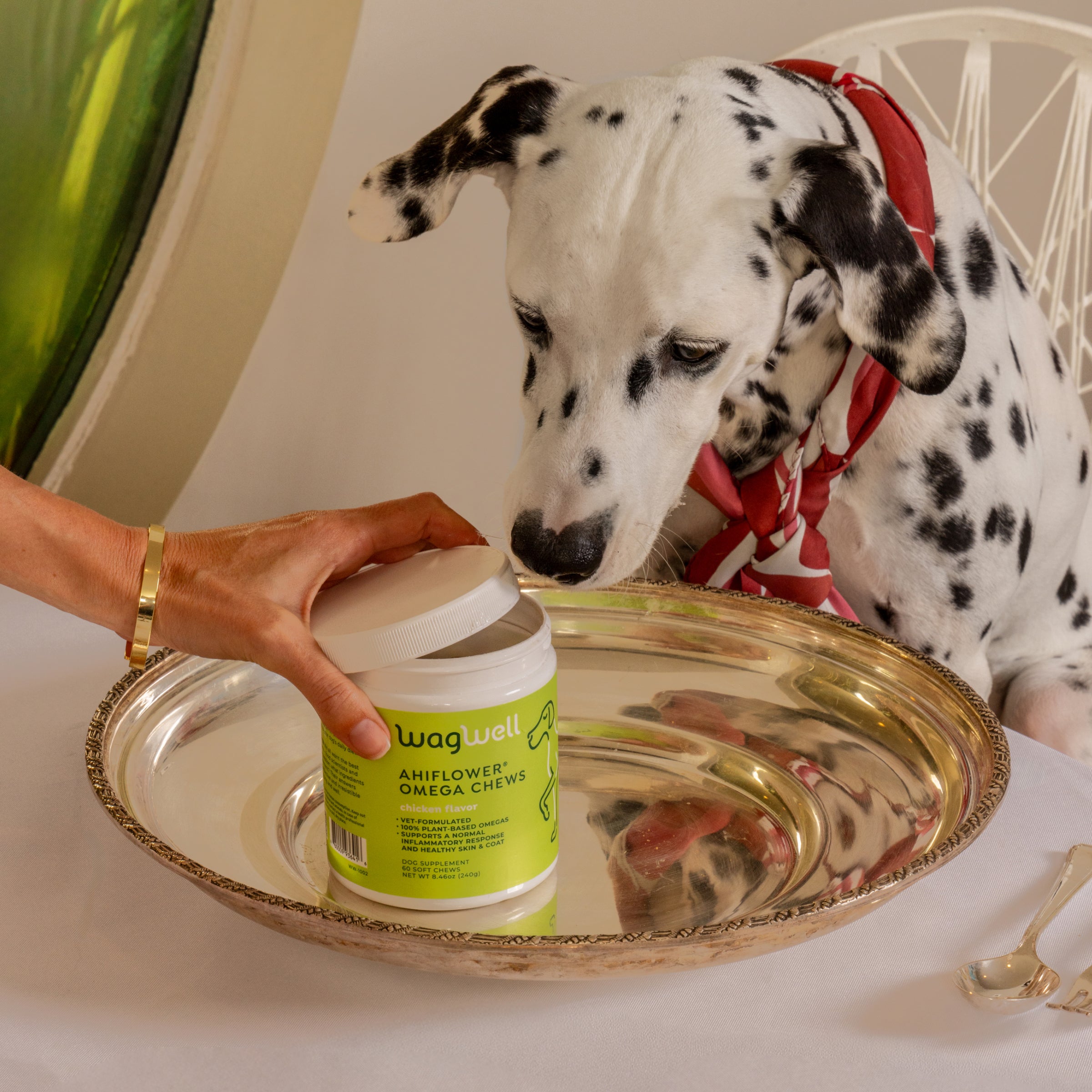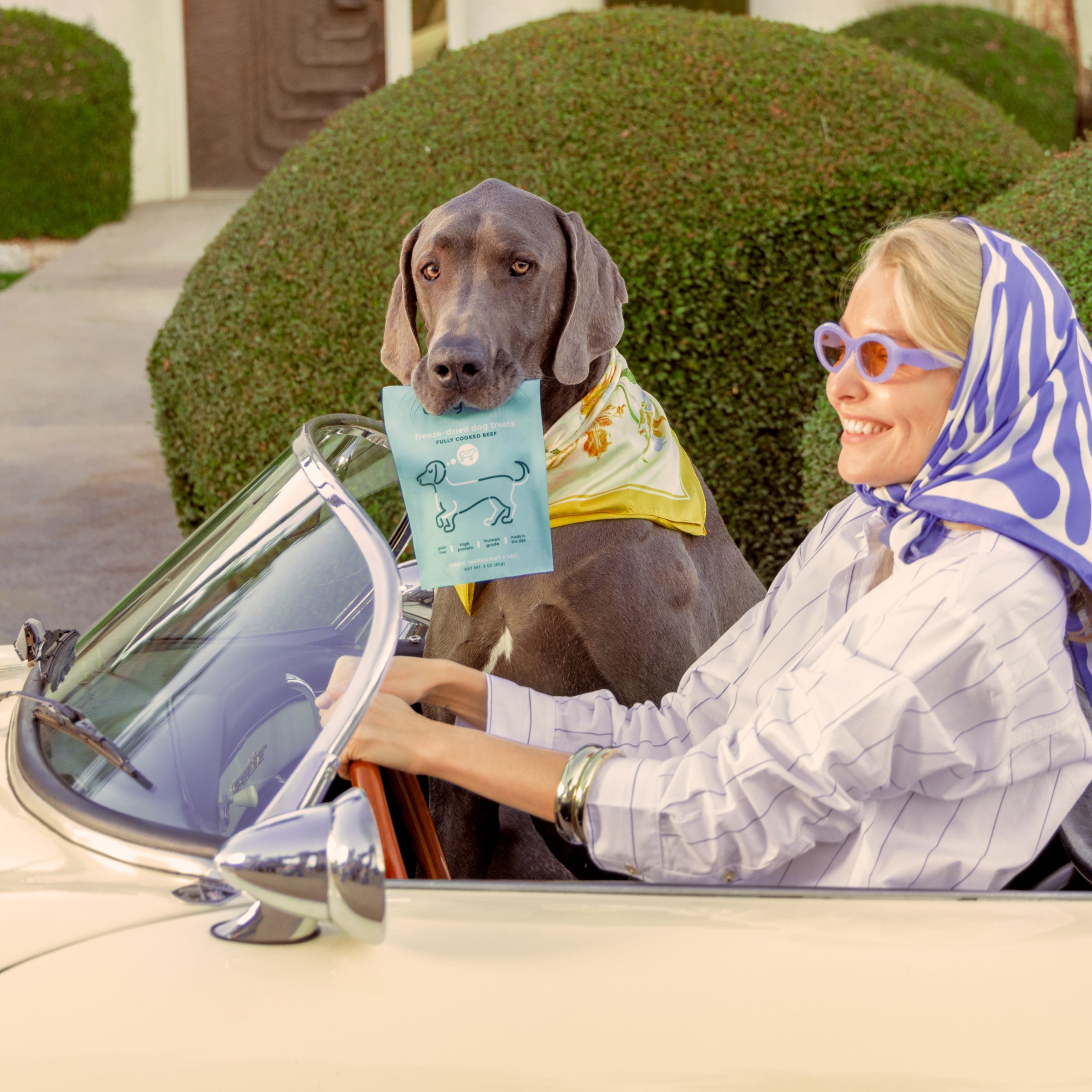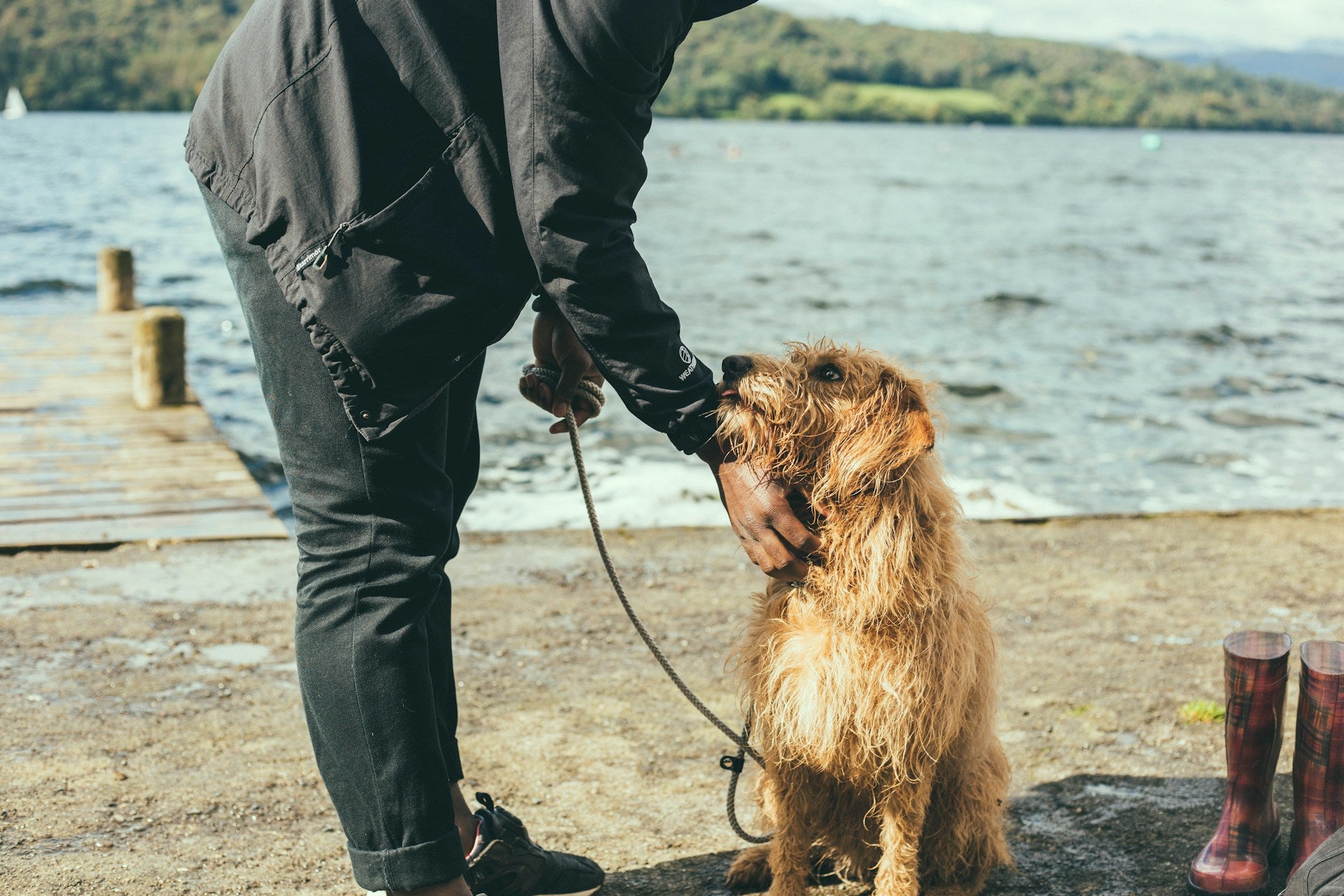We’re all creatures of habit, whether we accept it or not. Routines are ingrained in our minds, and our dogs are no different. Our pups find comfort in familiar settings and thrive when they have a predictable structure to their day. Establishing a routine isn’t just about setting a schedule–it’s about improving your dog’s overall well-being. Whether you’re a seasoned dog owner or new to the pack, understanding why routines matter and how to create one can lead to a happier, healthier, and more balanced life for you and your furry friend.
So, Why Are Routines Important?
Routines Reduce Anxiety
Dogs feel secure when they know what to expect from their day. A consistent routine provides a sense of predictability, which can greatly reduce anxiety and stress. This is particularly important for dogs that are naturally anxious or have had unstable backgrounds. When your dog knows when they’ll be fed, walked, or sleep, they’re less likely to engage in anxiety-ridden behaviors like excessive barking, chewing, or pacing.
Routines Promote Physical Health
A well-established routine is essential for maintaining your dog’s physical health (and yours, too!). Regular mealtimes help regulate digestion, while consistent exercise keeps them fit and healthy. Dogs on a routine are less likely to overeat or gain unhealthy weight since their feeding times are structured. Plus, regular exercise, play, and even rest times ensure that your dog’s body is functioning at its best, reducing the risk of obesity-related health issues like joint problems or heart disease.
Routines Squash Behavioral Problems
Dogs with a predictable routine are generally better behaved compared to their routine-less counterparts. If they know when to expect meals, walks, and play, they’re less likely to act out due to boredom or uncertainty. Consistent training sessions and scheduled play times can significantly reduce undesirable behaviors, such as chewing on furniture or getting into the trashcan. A routine also makes it easier for your dog to learn and follow commands, as they associate certain times and actions with specific outcomes.
Routines Improve Our Connection With Our Pets
Routines also provide daily opportunities for you and your dog to connect and bond. In today's society, it is too easy to become ingrained in our phones and lose touch with our surroundings. Whether it’s during a morning walk, a play session, or even a quiet evening cuddle, putting down your phone to be present in the moment helps build trust and deepen your bond. Our pups live with us their entire lives, yet are only a part of ours for a short period. Cherish the good times and live in the moment.
Okay, I Get It. Now, What Should I Include In Our Routine?
1. Regular Feeding Times
Establish set times for meals to help regulate your dog’s digestive system. Depending on your dog’s age, size, and activity level, this might be once or twice a day. Regular feeding times also helps to prevent overeating and obesity.
2. Daily Exercise
Incorporate daily walks or play sessions into your routine. Exercise is crucial for keeping your dog physically healthy and mentally stimulated. Every dog will have different abilities when it comes to exercise. Tailor the intensity and duration to your dog’s ability.
3. Consistent Training
Training shouldn’t stop after puppyhood. Just like us owners, dogs benefit from life-long learning. Incorporate short training sessions into your routine to reinforce good behavior and keep your dog mentally sharp. Whether it’s practicing commands or introducing new tricks, consistency is key to maintaining a well-behaved dog.
4. Playtime and Mental Stimulation
All work and no play makes Fido a dull boy; all play and no work makes Fido a mere toy. Playtime isn’t just about physical exercise–it’s about mental enrichment. Puzzle toys, interactive games, or even simple activities like hide-and-seek help to keep your dog’s mind active and engaged. A great way to supplement physical exercise, mental enrichment staves off the likelihood of destructive behavior.
5. Rest and Relaxation
Dogs need downtime to recharge. Ensure your routine includes time for rest, whether it’s a nap after a walk or a quiet evening with you. It is important for your pup to have periods of rest to calm their nervous system. For those pups whose only waking thoughts are “play” or “fetch,” consider trying our Calming Chews to give them a hand calming down.
Additional Tips
You might feel confident in starting a routine after reading this article, but here are some additional tips to keep in mind.
- Start Slowly: If your dog isn’t used to a routine, introduce changes gradually. Start with consistent meal times, then slowly add in walks, playtime, and other activities.
- Be Flexible: While consistency is key, live happens. It’s okay to adjust the routine as needed, as long as the core structure remains intact.
- Pay Attention to Your Dog’s Needs: Every dog is different. Tailor the routine to suit your dog’s unique needs, whether they’re a high-energy puppy or a laid-back senior.
- Make It Enjoyable: Take extra care to include activities your dog loves. If you’ve got a ball-obsessed pup, plan a few days in the week to have a fetch session. If you’ve got a food-critic on your hands, try adding in high-value treats for them to munch on.


